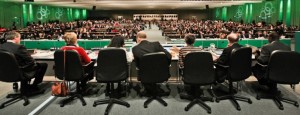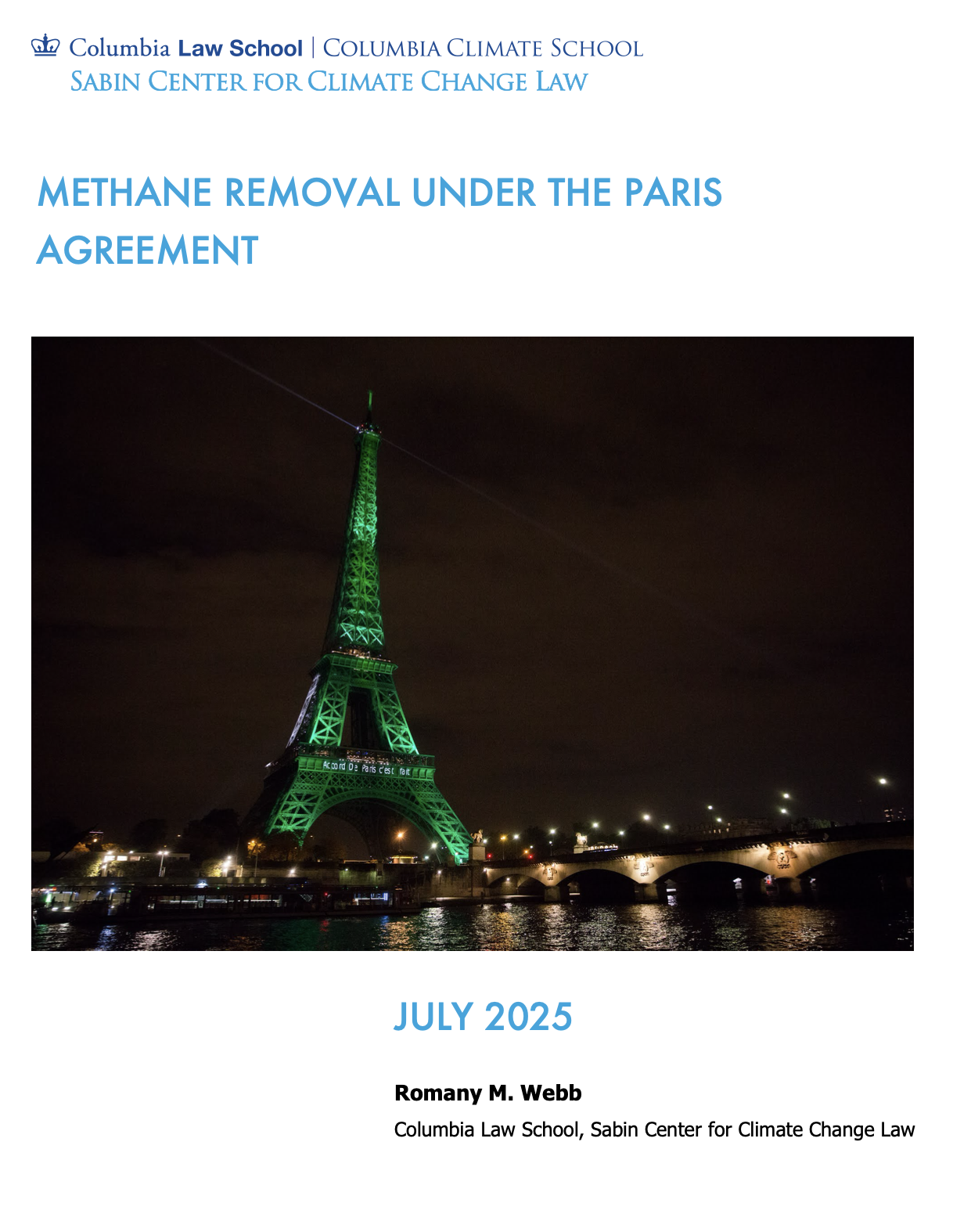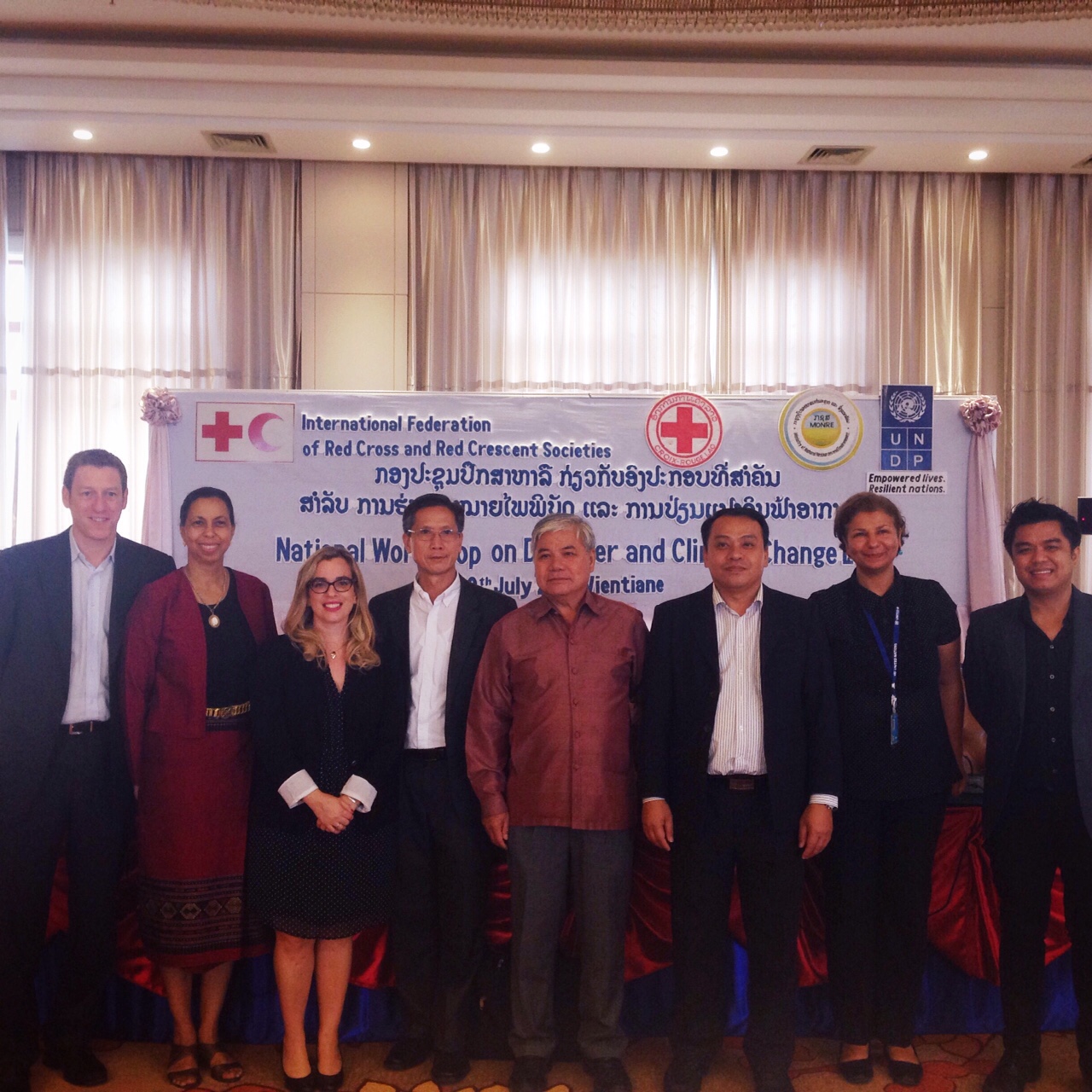By Stéphanie Chuffart, Visiting Fellow
 Late Saturday night, after two weeks of climate talks and more than 24 hours after the official closing time, the 19th UNFCCC Conference of the Parties (COP19) ended with some last-minute deals. Attended by more than 10,000 people, including national delegations, NGOs, advocates, journalists and business leaders, the talks were made difficult by the necessity to balance, on the one hand, developing countries’ demands that developed countries meet their obligations resulting from the Copenhagen Accord, and, on the other hand, the urgent necessity to move forward on commitments in anticipation of the Paris COP in 2015. The President of the COP19 and Minister of Environment of the Republic of Poland, Marcin Korolec, as well as UNFCCC Executive Secretary Christiana Figueres, had identified three major issues to be delivered at the COP, namely (i) the establishment of a clear path towards 2014 and 2015 negotiations, (ii) the establishment of a loss and damage mechanism (LDM), and (iii) progress with respect to climate finance. Were these objectives met by the COP19 decisions?
Late Saturday night, after two weeks of climate talks and more than 24 hours after the official closing time, the 19th UNFCCC Conference of the Parties (COP19) ended with some last-minute deals. Attended by more than 10,000 people, including national delegations, NGOs, advocates, journalists and business leaders, the talks were made difficult by the necessity to balance, on the one hand, developing countries’ demands that developed countries meet their obligations resulting from the Copenhagen Accord, and, on the other hand, the urgent necessity to move forward on commitments in anticipation of the Paris COP in 2015. The President of the COP19 and Minister of Environment of the Republic of Poland, Marcin Korolec, as well as UNFCCC Executive Secretary Christiana Figueres, had identified three major issues to be delivered at the COP, namely (i) the establishment of a clear path towards 2014 and 2015 negotiations, (ii) the establishment of a loss and damage mechanism (LDM), and (iii) progress with respect to climate finance. Were these objectives met by the COP19 decisions?
With respect to the pathway towards a universal climate agreement in 2015, the delegations only agreed to prepare themselves in order to be able to negotiate commitments in Lima in 2014 and Paris in 2015. Indeed, the adopted decision invites “all Parties to initiate or intensify domestic preparations for their intended nationally determined contributions […] by the first quarter of 2015 by those Parties ready to do so”.[1] The wording represents a significant attenuation of earlier proposals for “those in a position” to deliver a climate “commitment” by early 2015, but at least a calendar is set.
Negotiations on the LDM were successful and the COP established the Warsaw International Mechanism for Loss and Damage[2], although the US, the EU and other developed countries had opposed the measure fearing new financial claims. The negotiation was undoubtedly encouraged by the recent Typhoon Haiyan’s devastating impacts in the Philippines. Interestingly, while a LDM is neither mitigation nor adaptation, the delegates agreed, following a US proposal, to nest the mechanism under the existing Cancun Adaptation Framework. The mechanism will be subject to review at the 2016 COP and its future is hence not settled yet.
As to climate finance and the future of the Green Climate Fund, developing countries failed to obtain a $70 billion intermediary pledge for 2016 but the adopted decision “[u]rges developed country Parties to maintain continuity of mobilization of public climate finance at increasing levels from the fast-start finance period in line with their joint commitment to the goal of mobilizing USD 100 billion per year by 2020” and developing countries pledged to gradually increase their payments.[3] In addition, the decision urges increased transparency in the funding and payment process and requests developing parties “to prepare biennial submissions on their updated strategies and approaches for scaling up climate finance from 2014 to 2020”, subject to review by the Standing Committee on Finance.[4]
As deforestation accounts for 17% of global CO2 emissions, another important achievement of the COP is the establishment of modalities for national forest monitoring systems, [5] guidelines and procedures for the technical assessment of submissions,[6] and modalities for measuring, reporting and verifying.[7]
The progress made in Warsaw is therefore encouraging but in light of the tremendous climate challenges we are facing, the slowness of the negotiating process sometimes appears discouraging. Nevertheless, and as stated by Christiana Figueres, climate negotiations intrinsically have to balance two realities, i.e. the urgency arising from scientific data and the progressive international policy evolution process.[8] The process therefore takes time but an historical outcome in Paris is still possible.
COP19’s decisions can be accessed at https://unfccc.int/2860.php
Photo courtesy of the COP19 website, https://www.cop19.gov.pl/
[1] See https://unfccc.int/files/meetings/warsaw_nov_2013/decisions/application/pdf/cop19_adp.pdf (para. 2(b)).
[2] See https://unfccc.int/files/meetings/warsaw_nov_2013/decisions/application/pdf/cop19_lossanddamage.pdf (para. 1).
[3] See https://unfccc.int/files/meetings/warsaw_nov_2013/decisions/application/pdf/cop19_ltf.pdf (paras 3,5,7) and https://unfccc.int/files/meetings/warsaw_nov_2013/decisions/application/pdf/cop19_report_gcf.pdf (paras 14,15).
[4] See https://unfccc.int/files/meetings/warsaw_nov_2013/decisions/application/pdf/cop19_ltf.pdf (paras. 10, 11).
[5] https://unfccc.int/files/meetings/warsaw_nov_2013/decisions/application/pdf/cop19_fms.pdf.
[6] https://unfccc.int/files/meetings/warsaw_nov_2013/decisions/application/pdf/cop19_frl.pdf.
[7] https://unfccc.int/files/meetings/warsaw_nov_2013/decisions/application/pdf/cop19_mrv.pdf.
[8] Christiana Figueres, press briefing at the closing of the COP19.



